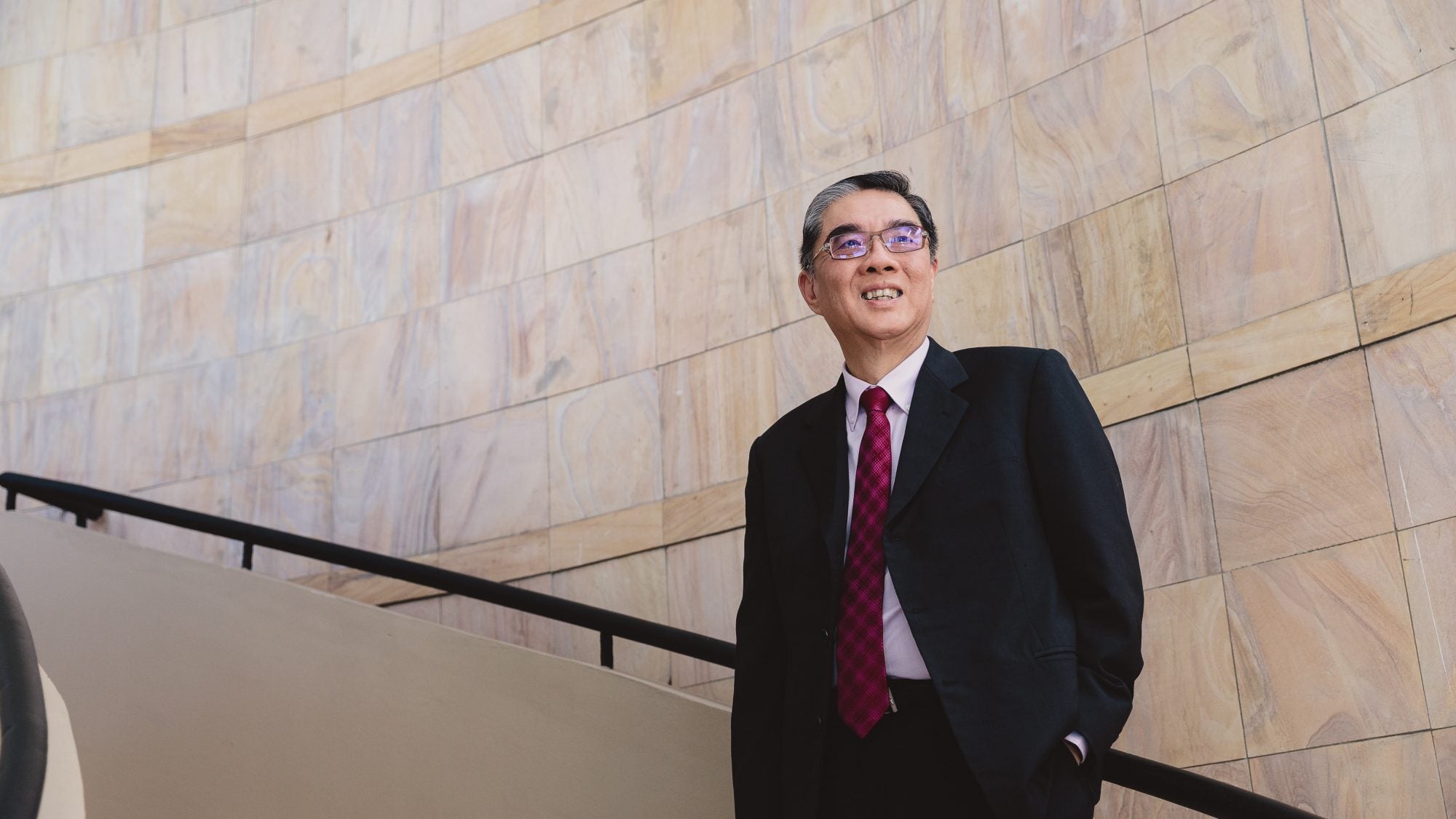There are some key points of contention both between ASEAN and the international community and within ASEAN itself, such as tensions between the United States and China in the South China Sea and the Rohingya crisis in Myanmar. How does this affect ASEAN cooperation?
As I mentioned, ASEAN has a diverse membership. Each of us has our own relationship with the United States, China, and other major powers. These issues cannot be settled overnight, and we have to continue to bring our divergent views to a consensus. The South China Sea dispute is very difficult; all claimants are posturing and demanding that their respective stances are recognized. Nevertheless, the important thing is that ASEAN acknowledges international law, in particular, the United Nations Convention on the Law of the Sea. Claimants have to work on finding the willpower to accept the parameters spelled out by international law. Right now, the priority is not to allow such differences to develop into a bigger confrontation or conflict. Moving forward, ASEAN and China will have to conclude a code of conduct in the South China Sea. Some will dismiss this initiative, and others will think that it is a platform dominated by China, but in international relations, we cannot jump to these kinds of conclusions too easily. The key is for talks and negotiations to continue.
In ASEAN diplomacy, two main things prevail. The first is that everyone must agree and conform to the rules. The second is that there are issues that cannot be resolved quickly, and must be left to time to sort out. But in the nature of international relations today, rules and time might be considered luxury items.
Given how polarized the political landscape has become in recent times, do you think ASEAN’s slower and more measured approach to international relations is sustainable?
The whole idea of diplomacy is to realize that ideological differences will always be there, and we must concentrate on having a framework to settle disputes peacefully. For Singapore, the emphasis of our foreign policy is on the constants, which are the rules that ASEAN has committed itself to as a community. International politics may interfere with national politics, and we have ideological differences even within ourselves. Good news is hard to come by in recent times, but the signing of the RCEP, in many minds, looks like a positive development. ASEAN is not a perfect body; we are still finding our footing, and in many areas, we are actually struggling. But overall, there is a commitment to manage differences in a peaceful manner, and I think this is the role of a mature and secure regional organization.
. . .
This transcript has been lightly edited for clarity and length.
Ambassador Ong Keng Yong is Executive Deputy Chairman and Director of the Institute of Defense and Strategic Studies at Nanyang Technological University’s S. Rajaratnam School of International Studies. He is also Ambassador-at-Large at the Singapore Ministry of Foreign Affairs, Non-Resident High Commissioner to Pakistan, Non-Resident Ambassador to Iran, and Chairman of the Singapore International Foundation. Previously, he served as the 11th Secretary-General of ASEAN from 2003 to 2007. Ambassador Ong holds a LL.B. from the then University of Singapore and an M.A. in Arab Studies from Georgetown University.
Image Credit: Rendy Aryanto (Visual Verve Studios)



